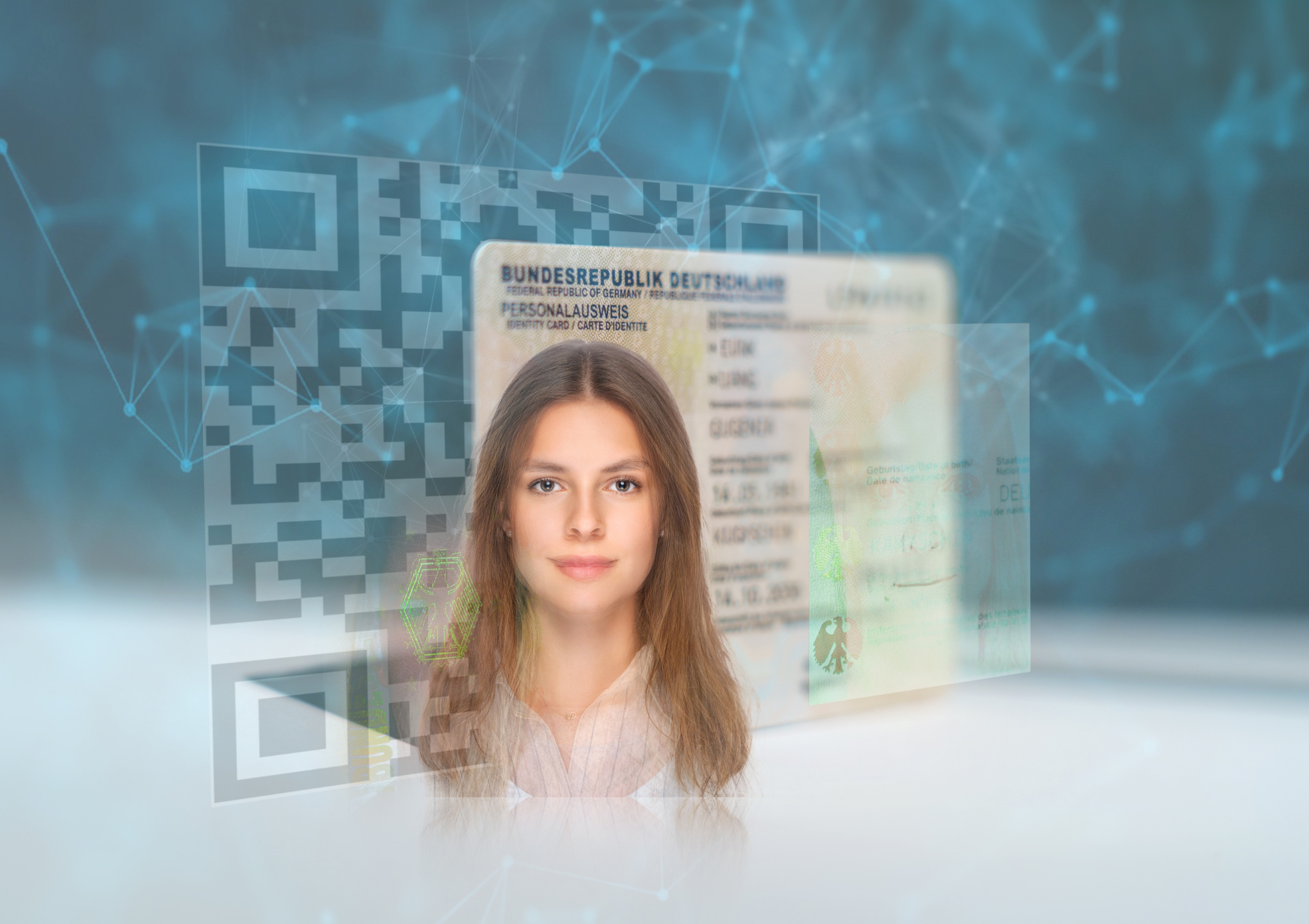Expensive ID card, but no better performance?
The ID card - a mandatory document for all citizens - is soon to become even more expensive. And no, you won't get an extra hologram or a digital extra on top. It is simply a matter of rising costs that the state wants to pass on to us all.
The standard passport currently costs 37 euros, for people under 24 it is 22.80 euros. If you don't bring a passport photo with you, you pay another 6 euros for the biometric photo at the authorities. These fees have applied since 2021. Before that, the price was 28.80 euros. And now? The next increase is coming soon - the Federal Ministry of the Interior (BMI) has yet to say exactly how much more. But one thing is clear: it won't get any cheaper.
Why is the ID card actually getting more expensive?
According to the BMI, the background to the price increase is the increased burden on the Bundesdruckerei. It has increased its prices for ID documents - i.e. what it charges local authorities - by around 4.90 euros. These additional costs are now to be passed on directly to the citizens. The federal government has therefore started the "ordinance procedure" to adjust the official fees accordingly.
The joke is that the higher printing costs alone are only half the story. The switch to digital passport photos is also causing additional costs - keyword "PointID systems". These new photo machines are currently being installed in offices across Germany - sometimes with a delay. Although the 6 euros for the photo remain with the local authorities, the expensive technology behind it must somehow pay for itself. Critics speak of cross-subsidization at state expense.
Cities sound the alarm - and demand even more money
For many cities, the current calculation is already barely sufficient. Staff, energy, advice - everything is becoming more expensive. The Association of German Cities warns that many citizens' offices are already working at their limits. Christian Schuchardt, Chief Executive of the Association of German Cities, puts it in a nutshell: "Most cities are already paying for it."
Many local authorities are therefore demanding that if the Federal Printing Office increases prices, the federal government must follow suit not only for ID cards, but also for passports and immigration documents. However, the BMI takes a different view and believes that the costs for passports have already been "sufficiently calculated".
Digital photo booths: Future or cost trap?
The new digital photo systems are a major item in the current changes. According to an estimate from 2020, the BMI plans to spend around 171 million euros on this over five years. The fact that citizens will ultimately have to contribute to the investment through higher fees is no
Secret - even if the BMI describes the impact on the increase as "minor".
Private providers of photo systems, meanwhile, suspect unfair competition, as the state systems are co-financed via the general fees. An accusation that the ministry naturally rejects.
There's no getting around it
The ID card is compulsory - which makes it all the more problematic when you have to dig deeper and deeper into your pocket for it. You have no choice. If the state wants to introduce modern technology, fine - but then it should also pay for it. What is happening here is a hidden tax through the back door.
Will the ID card soon become a price issue? And what's next - an extra 10 euros for lamination? Fees yes - but with moderation and understanding. And above all: transparent.







